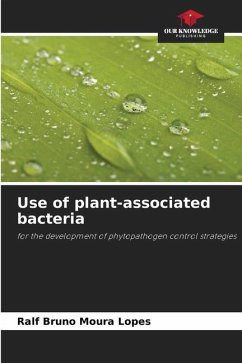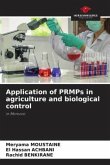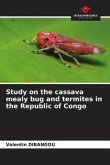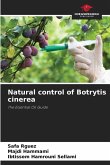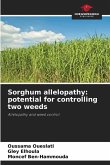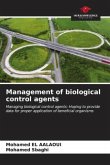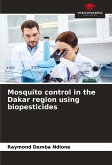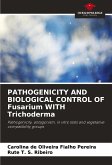Gram-negative bacteria are important etiological agents of diseases in agricultural crops. The regulation of virulence of these phytopathogens is frequently mediated by the population density-dependent control mechanism of gene expression, quorum sensing. Thus, the present study aimed to evaluate the potential of endophytic (gram-positive) actinobacteria to inhibit this mechanism in gram-negatives. Isolates belonging to the species Microbacterium testaceum, Microbacterium phyllosphaerae and Rhodococcus erythropolis showed the greatest potential for inhibiting cell-cell communication. This is the first report of M. phyllosphaerae with this characteristic. In addition, the genomic profiles of M. testaceum, the predominant species among the actinobacteria in this study, were analyzed by PFGE and revealed a high polymorphism among isolates. In this work, it was demonstrated that endophytic actinobacteria can inhibit the quorum sensing of gram-negatives and therefore be useful for thedevelopment of sustainable strategies for the control of phytopathogens.
Bitte wählen Sie Ihr Anliegen aus.
Rechnungen
Retourenschein anfordern
Bestellstatus
Storno

